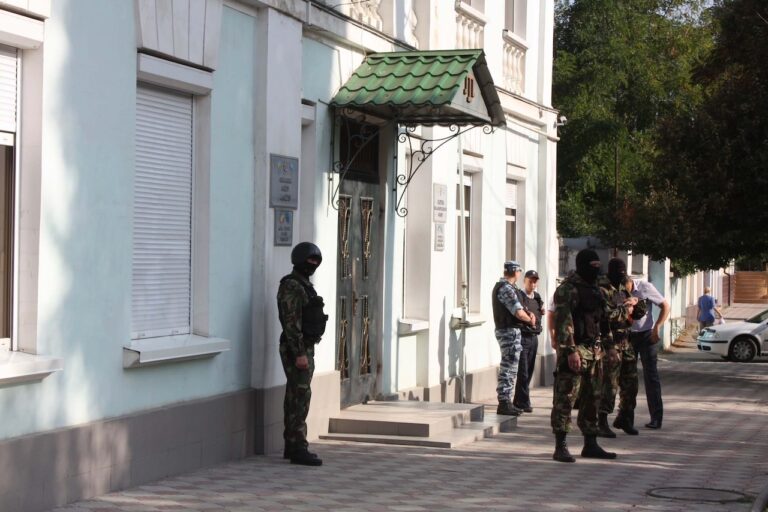(RSF/IFEX) – RSF condemns the many violations of online freedom of information that have been perpetrated since the outbreak of fighting in the Georgian province of South Ossetia on 8 August 2008, including the Distributed Denial of Service (DDoS) attacks on many Georgian websites, in which the servers they use are overloaded and crashed by […]
(RSF/IFEX) – RSF condemns the many violations of online freedom of information that have been perpetrated since the outbreak of fighting in the Georgian province of South Ossetia on 8 August 2008, including the Distributed Denial of Service (DDoS) attacks on many Georgian websites, in which the servers they use are overloaded and crashed by millions of connection requests.
“The Internet has become a battleground in which information is the first victim,” RSF said. “On the one side, the main Georgian ISPs severed access to Russian websites. On the other side, Georgian government websites were attacked by Russian hackers. With newspapers and radio and TV stations putting out very little independent news, the Internet is a vital tool for the public, so these attacks must stop at once.”
The Georgian authorities decided on 11 August to “combat disinformation” by cutting all access to Russian TV station broadcasts.
Georgia’s leading ISP, Caucasus Online, is filtering the Russian domain name “.ru”, thereby blocking access to the main Russian-language news websites, such as those of the Russian news agency Ria Novosti, the newspaper “Izvestia” and the http://www.Lenta.ru and Interfax ( http://www.interfax.com ) agencies. Meanwhile, Russian hackers have also attacked some regional news portals such as http://www.Day.az and http://www.ANS.az , two leading news websites based in Azerbaijan.
Many Georgian online news media are also blocked, such as Rustavi 2 ( http://pr1.rustavi2.com/news/index.php ), Civil.ge ( http://www.civil.ge ), Media.ge ( http://www. Media.ge ) and Interpressnews.ge ( http://www.interpressnews.ge/index.php?lang_id=ENG ).
The Georgian government websites that have been attacked by Russian hackers include the president’s site ( http://www.apsny.ge ), which was inaccessible on 11 and 12 August. The foreign ministry website changed its URL address in order to remain accessible. It can now be reached at http://georgiamfa.blogspot.com/
Four journalists and a driver have been killed and around 10 journalists have been injured since the outbreak of fighting between Georgia and Russia in South Ossetia.


